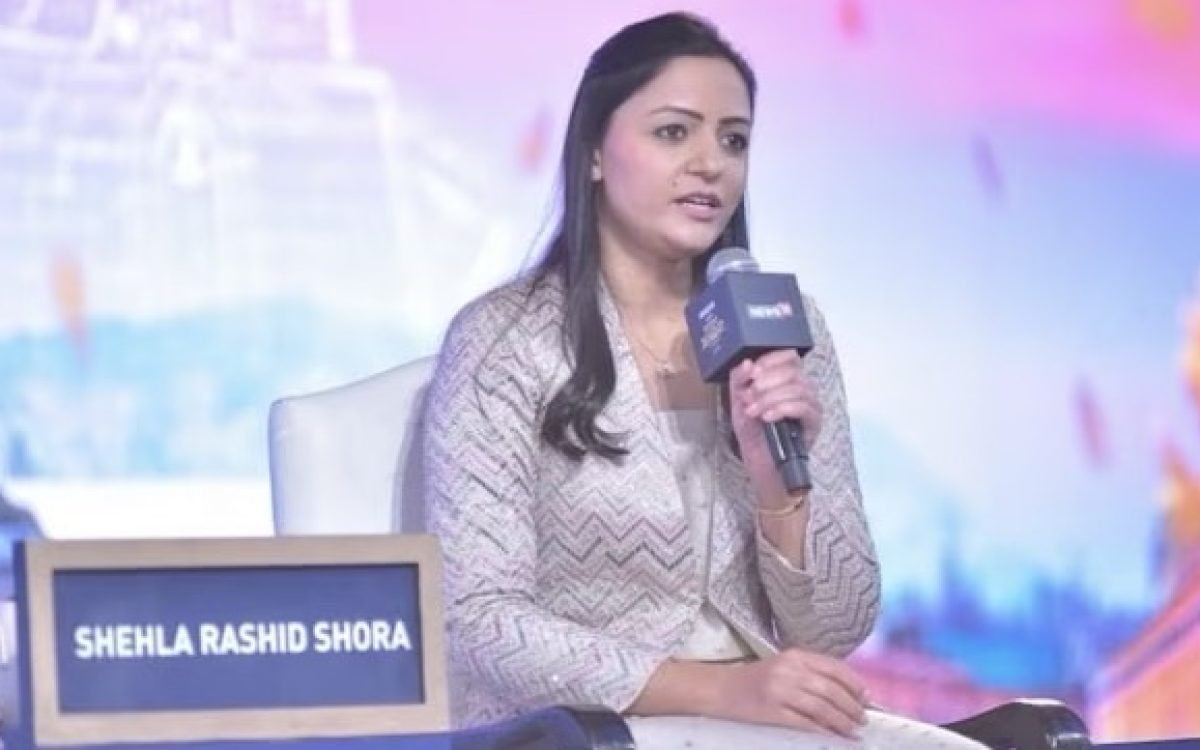Former Jawaharlal Nehru University Students’ Union leader, Shehla Rashid, has made headlines with her unexpected shift in stance towards the Narendra Modi government, a significant departure from her previous role as a fierce critic. Rashid’s defense of her newfound support for the government, particularly regarding its policies in Kashmir, has sparked widespread debate and scrutiny.
A Change in Perspective
Rashid attributes her change in perspective to the evolving situation in Kashmir, emphasizing the shift in public sentiment towards the Modi government. She highlights the acknowledgment of common Kashmiris attending PM Modi’s rallies and raising complaints to the government as a sign of changing dynamics in the region. This departure from the demand for freedom to addressing issues like power cuts and infrastructure marks a significant transformation in the political landscape of Kashmir.
Covid-19 Pandemic: Catalyst for Change
The Covid-19 pandemic served as a catalyst for Rashid’s ideological transformation, prompting her to reassess her opposition to certain government policies. She acknowledges the importance of issues like masking up, vaccines, and lockdown measures, recognizing the government’s differing approach in addressing these challenges. Rashid’s acknowledgment of the government’s perspective on issues like Aadhaar and its utilization in programs like Digi Yatra reflects a nuanced understanding of governance and policy implementation.
Embracing Viksit Bharat: A Vision for the Future
Rashid’s endorsement of Viksit Bharat as a concrete model of governance for the next 25 years underscores her belief in the government’s vision for development and progress. She emphasizes the importance of listening to the wisdom of elders, acknowledging PM Modi’s extensive experience and leadership in steering the country towards growth and prosperity.
Criticism and Controversy
Rashid’s transition from being labeled as part of the “tukde tukde gang” to defending the Modi government has not been without its share of criticism and backlash. She has faced trolling and accusations of being anti-national for her past criticisms of the government. However, Rashid remains steadfast in her support, praising PM Modi and Home Minister Amit Shah for their efforts in bringing about positive change in Jammu and Kashmir.
Conclusion: A Complex Journey of Ideological Evolution
Shehla Rashid’s journey from a vocal critic to an advocate for the Modi government highlights the complexity of ideological evolution in Indian politics. Her nuanced understanding of governance, coupled with her acknowledgment of the changing dynamics in Kashmir, offers insights into the complexities of political discourse in the country. Whether her newfound support for the government will endure or face further scrutiny remains to be seen, but Rashid’s transformation underscores the fluidity of political allegiances and the power of shifting perspectives in shaping public discourse.









